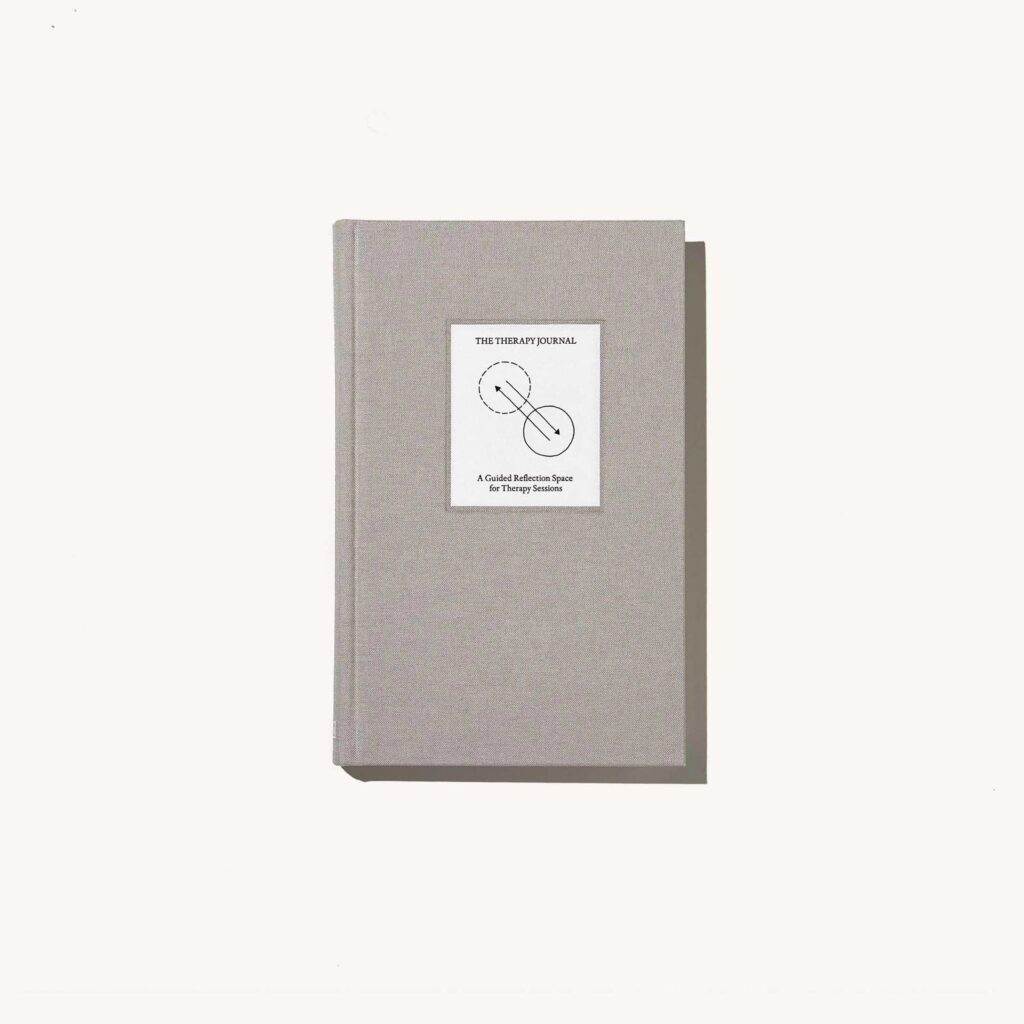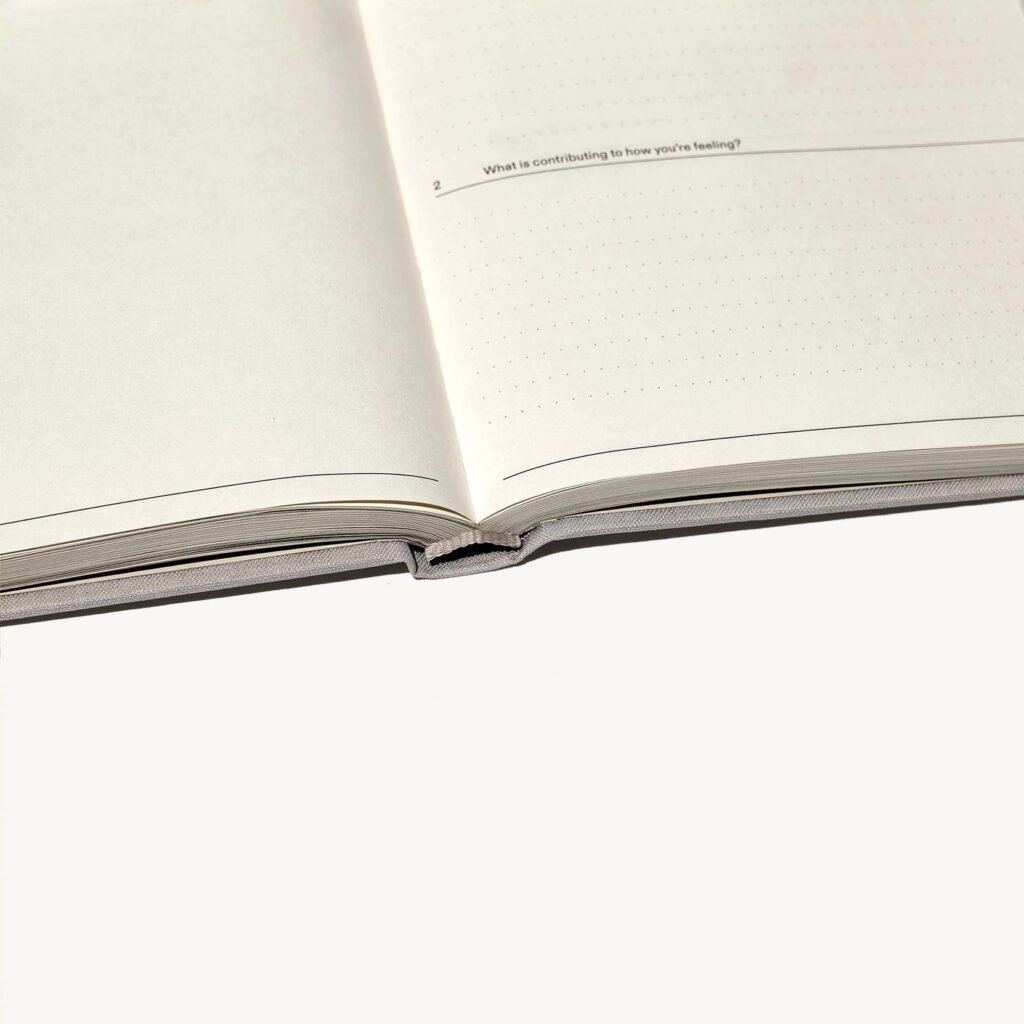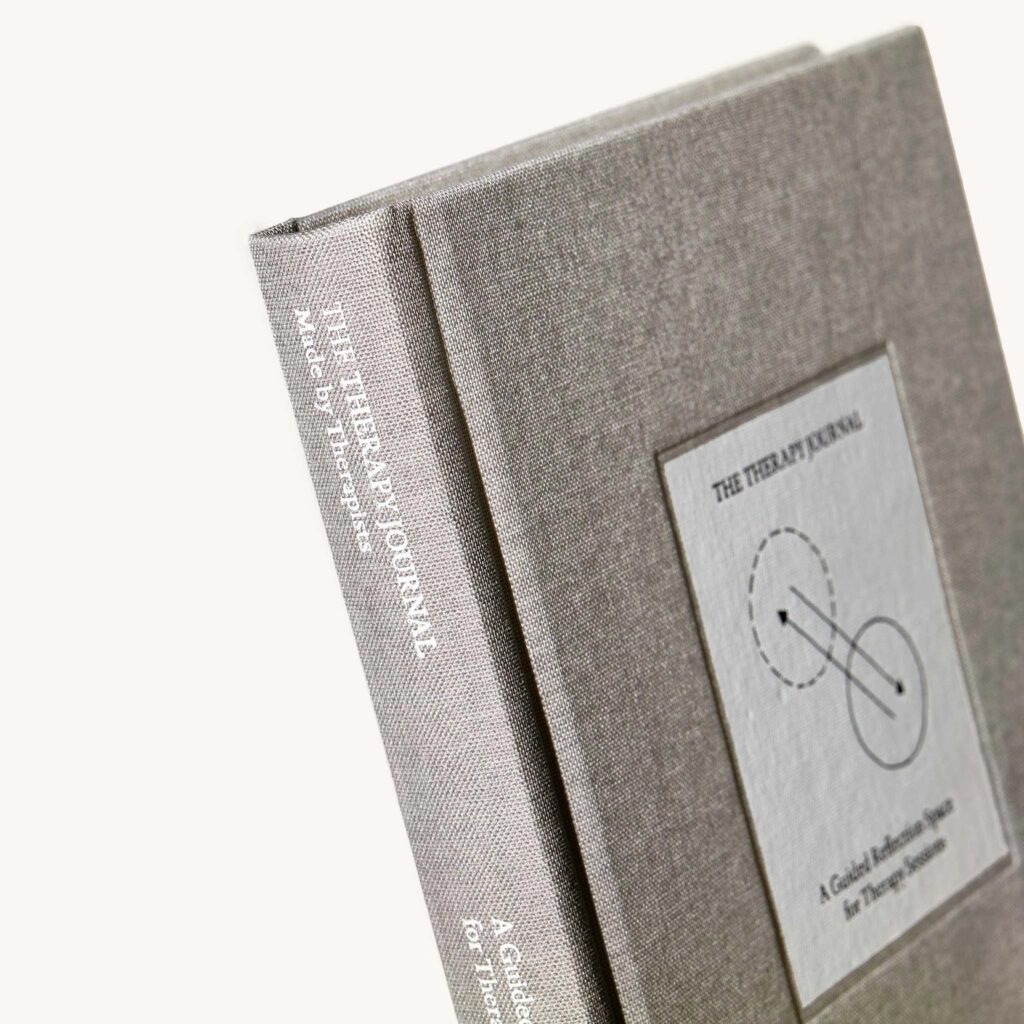Table of Contents
Transform Your Mental Health One Page at a Time
In our hectic worlds, slowing down is essential, and taking care of our mental health through therapeutic journaling is a useful tool we can access at any moment. We live in a world where digital distractions constantly compete for our attention. And there’s something profoundly powerful about putting pen to paper for healing. This is exactly where therapeutic journaling comes in.
Therapeutic journaling is the practice of expressing thoughts and emotions through writing – and it is emerging as a remarkably effective tool for processing life’s complexities and nurturing mental wellbeing. Beyond being just another self-care trend, guided journaling offers tangible psychological benefits backed by decades of research and clinical practice.

The Science Behind Therapeutic Journaling
The act of journaling engages multiple parts of the brain simultaneously. When we write about our experiences and emotions, we activate both the analytical left hemisphere and the creative right hemisphere, creating neural pathways that help us process information more effectively. This bilateral brain stimulation helps us gain insights that might otherwise remain buried in our subconscious.
Research has consistently shown the mental health benefits of regular journaling. Studies show that people who journal about emotional experiences show strengthened immune function, decreased stress, improved mood, and reduced symptoms of depression and anxiety. The simple act of transferring swirling thoughts from mind to paper creates cognitive distance that helps us gain perspective on our problems.

Breaking Free from Mental Loops
Have you ever found yourself stuck in repetitive thought patterns, replaying the same worries or regrets over and over? These mental loops consume precious cognitive resources without yielding solutions. Therapeutic journaling provides a concrete way to externalize these thoughts, examine them objectively, and ultimately free yourself from their grip.
When troubling thoughts are stuck inside our minds, many times on a loop, they often grow more powerful and distorted. By contrast, seeing your thoughts on paper helps demystify them. The very act of articulating a worry forces your brain to organize it into coherent language, which naturally creates structure where there was chaos.
Creating a Safe Space for Emotional Processing
One of the most valuable aspects of therapeutic journaling is the judgment-free zone it creates. Your journal never criticizes or dismisses your feelings. It simply holds space for whatever emotions arise – whether grief, anger, fear, or joy – without demanding justification or immediate resolution.
This unconditional acceptance makes journaling particularly helpful for processing difficult emotions that might feel overwhelming or socially unacceptable to express elsewhere. The privacy of a therapeutic journal provides permission to be utterly honest with yourself, facilitating deeper emotional processing and eventual healing.
Guided Journals: Structured Support for Your Journey
While freeform therapeutic journaling offers tremendous benefits, guided therapy notebooks take this practice to another level by incorporating evidence-based psychological principles and structured prompts designed by mental health professionals. These specialized journals provide direction for those who find facing a blank page intimidating, offering targeted exercises that address specific emotional needs.
Structured prompts help focus your attention on particular aspects of your experience that might otherwise be overlooked. For instance, gratitude-focused prompts can rewire your brain to notice positive elements in your life, while self-compassion exercises can help transform harsh self-criticism into nurturing inner dialogue.
Building Self-Awareness Through Regular Practice
Perhaps the most transformative benefit of therapeutic journaling is the heightened self-awareness it cultivates over time. By regularly documenting your thoughts, feelings, reactions, and patterns, you create a personal archive that reveals valuable insights about yourself.
Reviewing your therapeutic journal entries periodically helps you identify recurring themes, triggers, and coping mechanisms. You might notice that certain situations consistently activate particular emotional responses, or that specific thought patterns precede behavioral choices you later regret. This awareness becomes the foundation for meaningful personal growth and positive change.



Practical Tips for Effective Therapeutic Journaling
To maximize the benefits of your journaling, practice:
Create a consistent routine, even if it’s just five minutes daily. Regular practice yields more benefits than occasional marathon sessions.
Choose a physical notebook that feels special to you. The tactile experience of handwriting activates different neural pathways than typing.
Focus on depth rather than length. One thoughtfully explored emotion or experience offers more therapeutic value than pages of surface-level description.
Practice self-compassion throughout the process. Remember that the goal isn’t perfect prose but authentic self-expression and growth.
Moving Forward with Professional Support
While therapeutic journaling offers powerful tools for self-understanding and emotional processing, some challenges benefit from additional professional guidance. If you’re dealing with persistent mental health struggles, consider complementing your journaling practice with therapy.
Online therapy platforms like BetterHelp can connect you with licensed professionals who can provide personalized support on your healing journey. Many therapists actually encourage journaling between sessions, creating a complementary approach to mental wellness.
Whether you’re navigating everyday stressors or working through deeper emotional challenges, the combination of guided therapeutic journaling and professional support creates a comprehensive approach to mental wellbeing. By putting pen to paper, you’re not just recording your thoughts – you’re actively participating in your own healing.
Take that first step today. Your future self will thank you for the gift of self-understanding and emotional clarity that journaling provides.
So after all that this begs the question – Have You Started A Self-Care Journal Yet?
Comments +
Exploring the Healing Power of Therapeutic Journaling
Mental Health